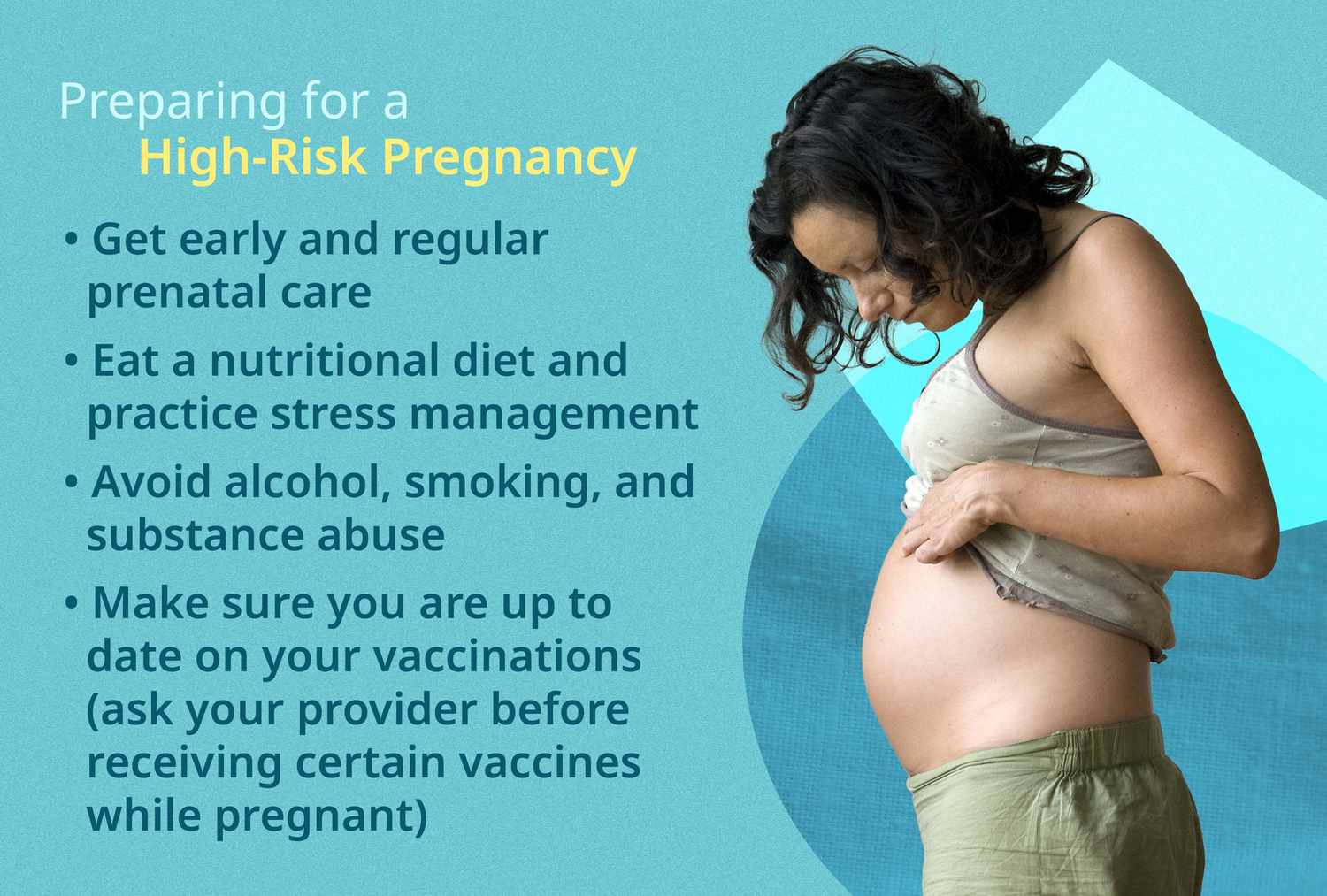
High-risk pregnancy
Pregnancy is a transformative journey, but for some women, it comes with additional challenges. A high-risk pregnancy requires specialized care to ensure the health and safety of both the mother and the baby. This guide delves into the causes, management, and care strategies for high-risk pregnancies, providing expectant mothers and their families with the knowledge they need to navigate this complex journey.
What is a High-Risk Pregnancy?
Causes of High-Risk Pregnancy
1. Pre-Existing Medical Conditions
- Diabetes: Uncontrolled blood sugar levels can lead to birth defects, preterm labor, or macrosomia (large baby).
- Hypertension: High blood pressure can cause preeclampsia, placental abruption, or restricted fetal growth.
- Autoimmune Diseases: Conditions like lupus or rheumatoid arthritis may increase the risk of miscarriage or preterm birth.
- Thyroid Disorders: Both hyperthyroidism and hypothyroidism can affect fetal development.
- Kidney Disease: Impaired kidney function can lead to complications like preterm delivery or low birth weight.
2. Pregnancy-Related Issues
- Diabetes: Uncontrolled blood sugar levels can lead to birth defects, preterm labor, or macrosomia (large baby).
- Hypertension: High blood pressure can cause preeclampsia, placental abruption, or restricted fetal growth.
- Autoimmune Diseases: Conditions like lupus or rheumatoid arthritis may increase the risk of miscarriage or preterm birth.
- Thyroid Disorders: Both hyperthyroidism and hypothyroidism can affect fetal development.
- Kidney Disease: Impaired kidney function can lead to complications like preterm delivery or low birth weight.
3. Lifestyle Factors
- Diabetes: Uncontrolled blood sugar levels can lead to birth defects, preterm labor, or macrosomia (large baby).
- Hypertension: High blood pressure can cause preeclampsia, placental abruption, or restricted fetal growth.
- Autoimmune Diseases: Conditions like lupus or rheumatoid arthritis may increase the risk of miscarriage or preterm birth.
- Thyroid Disorders: Both hyperthyroidism and hypothyroidism can affect fetal development.
- Kidney Disease: Impaired kidney function can lead to complications like preterm delivery or low birth weight.
4. Age-Related Factors
- Teen Pregnancy: Adolescents are at higher risk for anemia, preterm birth, and preeclampsia.
- Advanced Maternal Age: Women over 35 face increased risks of chromosomal abnormalities, miscarriage, and gestational diabetes.
Diagnosis and Monitoring of High-Risk Pregnancy
1. Comprehensive Prenatal Care
Blood pressure checks
Urine tests to detect infections or proteinuria
Blood tests to screen for anemia, diabetes, or infections
Ultrasounds to assess fetal growth and development
2. Specialized Tests
- Diabetes: Uncontrolled blood sugar levels can lead to birth defects, preterm labor, or macrosomia (large baby).
- Hypertension: High blood pressure can cause preeclampsia, placental abruption, or restricted fetal growth.
- Autoimmune Diseases: Conditions like lupus or rheumatoid arthritis may increase the risk of miscarriage or preterm birth.
- Thyroid Disorders: Both hyperthyroidism and hypothyroidism can affect fetal development.
- Kidney Disease: Impaired kidney function can lead to complications like preterm delivery or low birth weight.
3. Fetal Monitoring
Continuous fetal monitoring during labor helps detect any signs of distress, ensuring timely intervention.
Management of High-Risk Pregnancies
1. Medications
- Antihypertensives: To control high blood pressure.
- Insulin or Oral Hypoglycemics: For managing diabetes.
- Corticosteroids: To accelerate fetal lung development in cases of preterm labor.
- Anticoagulants: For women with a history of blood clots.
2. Lifestyle Modifications
- Healthy Diet: A balanced diet rich in fruits, vegetables, lean proteins, and whole grains supports maternal and fetal health.
- Regular Exercise: Low-impact activities like walking or prenatal yoga can improve circulation and reduce stress.
- Avoiding Harmful Substances: Eliminating smoking, alcohol, and drugs is essential for a healthy pregnancy.
3. Bed Rest and Activity Restrictions
In some cases, doctors may recommend bed rest or reduced physical activity to prevent complications like preterm labor or placental abruption.
4. Specialized Care
High-risk pregnancies often require care from a maternal-fetal medicine (MFM) specialist. These experts work closely with obstetricians to develop personalized care plans.
Emotional and Psychological Support
- Counseling: Professional counseling can help manage anxiety and depression.
- Support Groups: Connecting with other women facing similar challenges provides comfort and encouragement.
- Family Involvement: Involving partners and family members in the care process fosters a supportive environment.
Preparing for Delivery
1. Choosing the Right Hospital
Selecting a hospital with a neonatal intensive care unit (NICU) ensures immediate care for the baby if complications arise.
2. Birth Plan
Discussing a birth plan with the healthcare team helps prepare for various scenarios, including cesarean delivery or preterm birth.
3. Postpartum Care
Postpartum care is equally important, especially for high-risk pregnancies. Regular check-ups help monitor the mother’s recovery and the baby’s development.Contact Us
Conclusion
A high-risk pregnancy requires careful planning, specialized care, and emotional support. By understanding the causes, risks, and management strategies, expectant mothers can take proactive steps to ensure a healthy pregnancy and delivery. Early intervention, consistent monitoring, and a strong support system are key to navigating this challenging journey successfully.Schedule your Consultation with Dr. Ritesh Nawkhare
